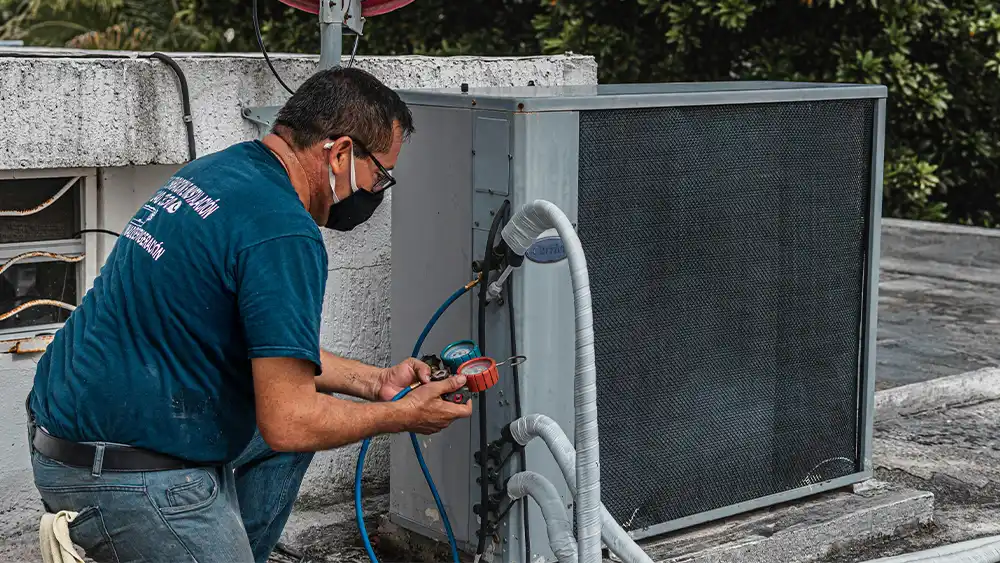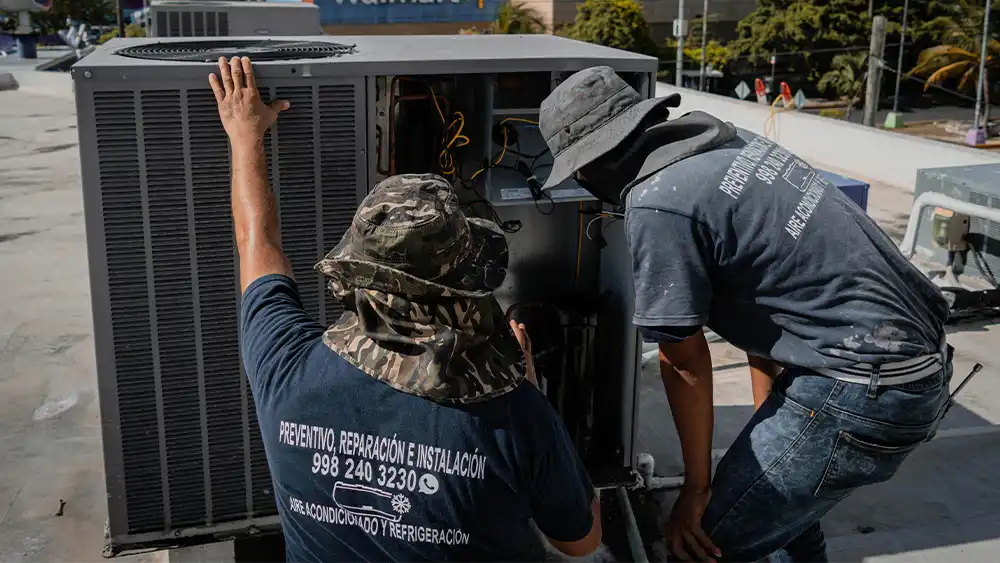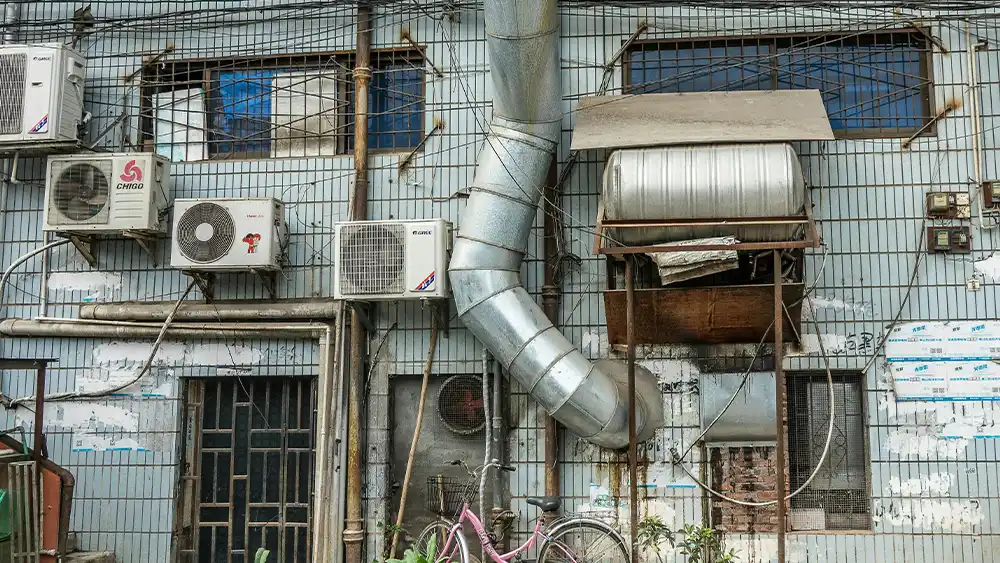The Dos and Don’ts of HVAC Maintenance

Proper upkeep of your HVAC system can lower energy bills and improve indoor air quality. Many homeowners are unaware of the ideal practices for HVAC maintenance. Understand what to do and what to avoid to increase the performance and life span of your heating and cooling systems.
How to Extend the Life of Your HVAC System: Key Maintenance Tips
Here, we will outline the dos and don’ts of HVAC maintenance to help you stay comfortable in any season.
1. Do Check Your Filters Regularly
For effective HVAC maintenance, you need to check filters regularly. Dirty filters can restrict airflow and lead to increased energy consumption. Homeowners should inspect their filters at least once a month and replace them when necessary. A clean filter improves system efficiency and prolongs the equipment’s life.
Using high-efficiency particulate air (HEPA) filters can improve indoor air quality by capturing allergens and pollutants. Don’t underestimate the importance of this simple task; skipping it may result in costly repairs down the line. Remember, a little attention now can save you significant expenses later.
2. Don’t Overlook Professional Inspections

Do not try to perform HVAC maintenance by yourself. Instead, look for professional inspectors. Some homeowners may attempt to inspect their systems themselves, but nothing beats the expertise of a certified technician. Scheduling annual inspections can identify potential issues before they escalate. To find reputable HVAC professionals in your area, you should go here and begin your search. They can provide expert advice tailored to your specific system needs and local conditions.
During an inspection, professionals check refrigerant levels, electrical connections, and airflow. Failing to secure these services can result in malfunctions that might not be immediately apparent.
3. Do Keep the Outdoor Unit Clear
Leaves, twigs, and dirt can obstruct airflow, affecting system performance. Homeowners should regularly clean the area around their units, pulling weeds and clearing away any obstructions that may accumulate over time. This method promotes efficiency and maintains the system’s warranty.
Keep the area tidy so that your unit operates without unnecessary strain. Regular cleaning can fend off pests that might seek shelter in your outdoor unit. A clear pathway allows for optimal cooling and heating performance, putting less strain on your system.
4. Don’t Neglect Thermostat Settings
Many people set their thermostats and forget them without making adjustments based on seasonal changes. Take the time to program your thermostat based on your routine and take advantage of the significant energy savings. Programmable and smart thermostats offer the convenience of setting temperatures according to your schedule, providing comfort during your most active hours, and saving energy when no one is home.
Avoiding unnecessary energy consumption can extend the life of your HVAC system and make your home more eco-friendly. Maintain a consistent temperature to control humidity levels and improve indoor air quality. Don’t disregard the importance of effectively utilizing your thermostat settings for maximum efficiency.
5. Do Insulate Ductwork

Proper insulation of ductwork maintains HVAC efficiency in homes with extensive duct systems. Uninsulated or poorly insulated ducts can cause energy losses and higher utility bills. Insulation maintains the desired temperature of the air as it travels through the ducts, making heating and cooling processes much more efficient.
Homeowners should pay attention to areas where ducts are located in unconditioned spaces, mostly in attics or crawl spaces. If you become aware of visible gaps or worn insulation, address them as soon as possible. When you maintain well-insulated ducts, you save energy and contribute to the comfort of your home.
6. Don’t Ignore Warning Signs
Your HVAC system gives warning signs when something isn’t quite right. Unusual noises, strange odors, or inconsistent temperature levels can indicate underlying issues that require immediate attention. Ignoring these symptoms can lead to more serious problems, some of which may be costly to fix. If you hear grinding or hissing noises, it might be time to reach out for professional help.
Smelling burning or musty odors can suggest electrical issues or mold growth within the system, respectively. Don’t allow minor problems to develop into major headaches; stay vigilant and proactive for your HVAC system.
7. Do Keep Records of Services
Maintaining a thorough record of all HVAC services and repairs maximizes the lifespan of your system. These records track maintenance schedules, but they provide valuable insights into the performance of your HVAC system. Having documentation can be handy when troubleshooting issues to identify recurring problems.
If you decide to sell your home, a detailed history of your HVAC maintenance can be an attractive selling point for potential buyers. Keeping these records organized and accessible provides support for informed decision-making.
Conclusion
Being proactive about HVAC maintenance goes a long way in promoting efficiency and longevity in your heating and cooling systems. Following these dos and don’ts can help you avoid costly repairs and improve indoor comfort.
Regular attention to the elements outlined in the article so that your system operates optimally. Now, you can enjoy a healthy environment and maximize the investment made in your home’s HVAC system.

news via inbox
Sign up and never miss out on the latest news and updates at HighStuff




